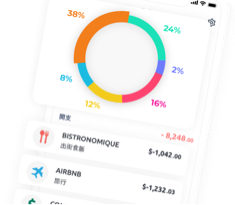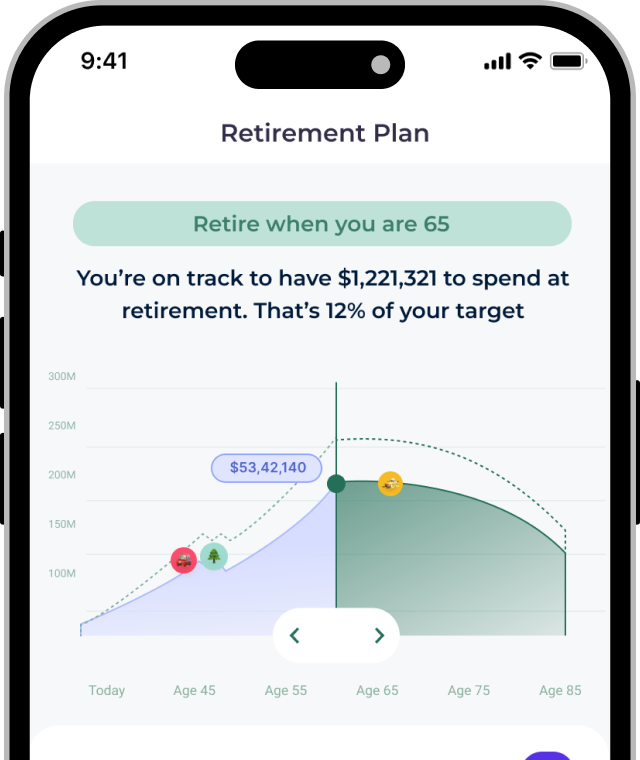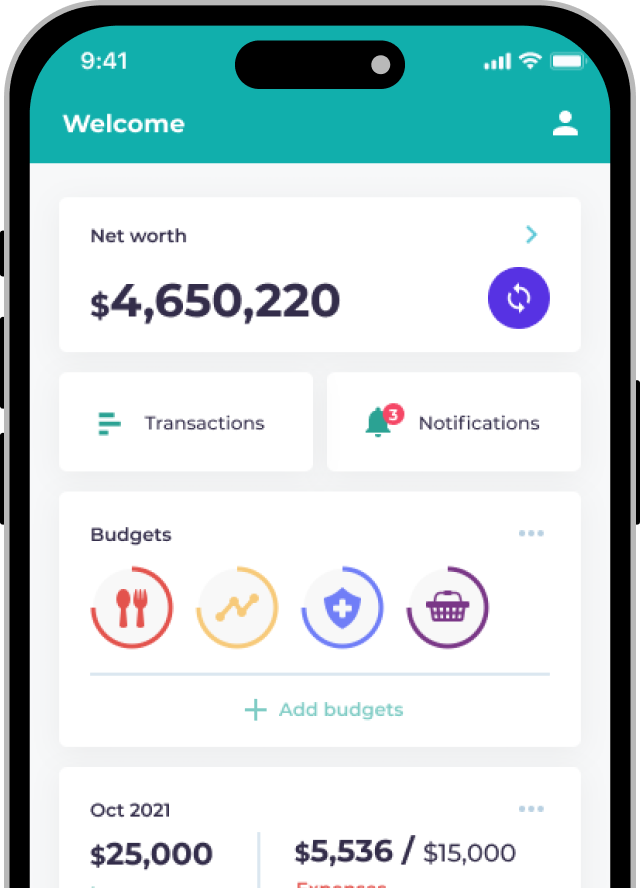A Money Market Fund (MMF) is a type of mutual fund that offers relatively stable returns by investing in highly creditworthy, short-term instruments such as government bonds, bank certificates of deposit, and commercial paper. Its main appeal lies in delivering returns similar to fixed deposits—without locking up your capital—making it a high-yield yet flexible cash management tool.
Due to the vast size and high liquidity of global money markets, along with their relatively low risk profile, money market funds are especially popular during uncertain economic conditions. They’re often used to park idle funds and hedge against inflation. For this reason, MMFs are sometimes called “parking funds”. In Hong Kong, MPF Conservative Funds also fall under the money market fund category.
What Do Money Market Funds Invest In? Are They High or Low Risk?
One of the most common investments in MMFs is U.S. Treasuries, which are considered extremely low-risk as they essentially represent a loan to the U.S. government. Here’s a breakdown of typical assets found in money market funds:
| Common MMF Assets | Description |
| Short-Term Government Bonds | Issued by high-credit governments like the U.S., with short durations and low risk—widely regarded as very safe investments. |
| Commercial Paper | Short-term debt issued by corporations with strong credit ratings. |
| Certificates of Deposit (CDs) | Issued by banks, these are time-deposit instruments that pay back principal and interest at maturity. |
| Repurchase Agreements (Repos) | Short-term loans primarily used for interbank lending, backed by securities. |
For example, the HSBC Global Money Funds US Dollar mainly invests in cash instruments and bonds issued by governments, international organizations, and banks, with exposure across global markets.


Enjoy Stability and Flexibility
Many securities firms, banks, and investment platforms offer money market fund products. In fact, a number of idle cash management tools—such as Futu’s “Money Plus”—essentially use money market funds to manage client funds.
After opening an investment account, if an investor hasn’t yet decided which stocks to buy, they can deposit idle funds into tools like Money Plus and select to invest in money market funds denominated in either HKD or USD.
Investors can withdraw funds from the money market fund at any time to invest in stocks, subscribe to IPOs, or transfer the money to a bank account. This allows them to save while earning interest and hedging against inflation with maximum flexibility.
As of 2025, many HKD money market funds in the market offer annualized returns of over 3%, while some USD-denominated funds offer returns as high as 4%. In other words, using money market funds to save money can yield returns comparable to—or even better than—fixed deposits.
What Are the Fees for Money Market Funds?
In general, money market fund fees are lower than those of stock or bond funds. However, the following charges may still apply:
| Fee Type | Description |
| Management Fee | Charged annually by the fund manager, typically ranging from 0.1% to 0.5%. This can slightly reduce the annualized return. |
| Subscription Fee | A commission charged when purchasing the fund. Many online platforms waive this fee for money market funds. |
| Redemption Fee | A fee applied when selling the fund. Most money market funds do not charge a redemption fee. |
| Switching Fee | When switching between a money market fund and other asset classes, additional transaction fees or price spreads may apply. |
Money Market Funds vs Fixed Deposits
Money market funds are often compared with fixed deposits because both offer relatively stable returns and require minimal active management. They are low-entry, passive investment tools, which is ideal for beginners with limited capital and experience.
Flexible Interest with Instant Access
The key advantage of money market funds over fixed deposits is flexibility. With fixed deposits, your money is locked in for a set term—3, 6, or 12 months—and cannot be accessed until maturity.
In contrast, money market funds allow you to redeem your holdings quickly (sometimes within a day) without being tied to a deposit term.
Therefore, money market funds aren’t just suitable for conservative investors seeking stable passive income. They’re also a smart tool for more active investors who want to earn interest on idle cash in their investment account while waiting for the right time to buy stocks or other assets.
| Money Market Fund | Time Deposits | |
| Fees | 🙂 Low | 🙂 Low |
| Risk | 🙂 Low | 🙂 Low |
| Liquidity | 😀 High | 😭 Low |
| Risk | 🤔 Very Low | 🤔 Very low |
How Do Interest Rate Hikes or Cuts Affect Money Market Funds?
Changes in U.S. interest rates, whether upward or downward, can have a direct impact on the returns of money market funds.
How Do Money Market Funds Benefit from a Rate Hike?
Money market fund returns are closely linked to prevailing interest rates. When the market enters a rate hike cycle, such as when the U.S. Federal Reserve raises the federal funds rate, money market funds generally see improved returns. This is because they invest mainly in high-liquidity, short-term fixed-income products such as time deposits, certificates of deposit, and Treasury bills. These instruments tend to adjust quickly to rising rates.
Unlike typical bond funds that hold longer-term assets, money market funds invest in instruments that mature in just a few months. This short duration allows the fund to redeploy capital into higher-yielding assets more frequently, helping it capture the benefits of rising interest rates sooner.
For instance, during the rapid rate hikes in 2022, some money market funds saw annualized returns rise from around 1% to as high as 4 to 5%. This demonstrates the sensitivity of money market funds to interest rate changes. For investors, they can serve as a useful short-term parking solution in a rising rate environment, balancing low risk with attractive interest income.
What Happens During a Rate Cut?
In contrast, during a rate cut cycle when the Federal Reserve lowers interest rates to stimulate the economy, money market fund returns often decline. The short-term instruments these funds invest in also offer lower yields as rates fall, reducing the fund’s overall return.
As returns drop, money market funds may lose some appeal, especially if returns fall below the inflation rate. In such cases, the real value of your investment could erode. For example, during the early stages of the COVID-19 pandemic in 2020, many central banks slashed interest rates, and money market fund returns fell sharply. When the Fed resumed rate cuts in September 2024, returns on many HKD and USD money market funds fell from over 4% to around 3%.
For income-focused investors, this may be a good time to review your asset allocation and consider alternative ways to enhance overall portfolio returns.
How to Choose a Money Market Fund
With so many options available, here are some key factors to consider when selecting a money market fund:
- Yield: Review past performance and check whether the current yield meets your return expectations.
- Risk and Volatility: Most HKD and USD funds invest in low-risk assets like short-term government bonds and CDs. If you are considering emerging market funds, look into currency risk, asset types, and diversification.
- Fees: Compare management fees and platform charges. Choosing lower-cost funds helps protect your net returns.
- Liquidity: Make sure the fund offers high liquidity so you can withdraw funds quickly when needed.
- Fund Manager Quality: Research the fund manager’s reputation, experience, and track record. Choose providers that align with your investment goals.
Money Market Funds: A Must-Have for Smart Cash Management
To sum up, money market funds offer low cost, low risk, and high liquidity. They are more flexible than fixed deposits when it comes to accessing your money. However, like fixed deposits, the returns are modest and influenced by short-term interest rate and currency trends.
If your goal is long-term capital growth, money market funds should not be your core investment. But when it comes to parking idle cash and earning passive interest, they are a highly practical tool that every investor should consider.
🧭 Ready to Invest in Money Market Funds?
Before you choose a fund, make sure your investment account supports flexible access, low fees, and easy fund switching.
Compare top brokers and platforms available in Hong Kong to find the one that fits your needs.
👉 Start your comparison below.
Important information:
Investment involves risks. This information is intended to be educational and is not tailored to the investment needs of any specific investor. This information does not constitute investment advice and should not be used as the basis for any investment decision nor should it be treated as a recommendation for any investment or action. Past performance is no guarantee of future results. The value of investments and the income from them can go down as well as up, so you may not get back what you invest.






















